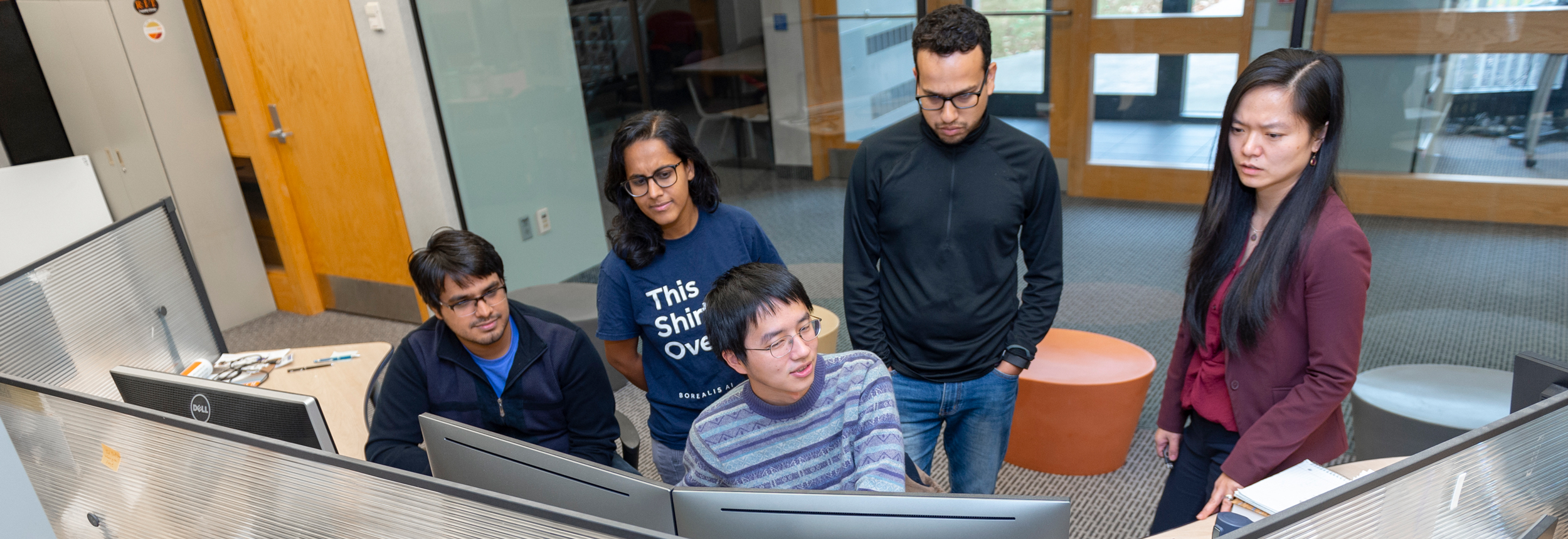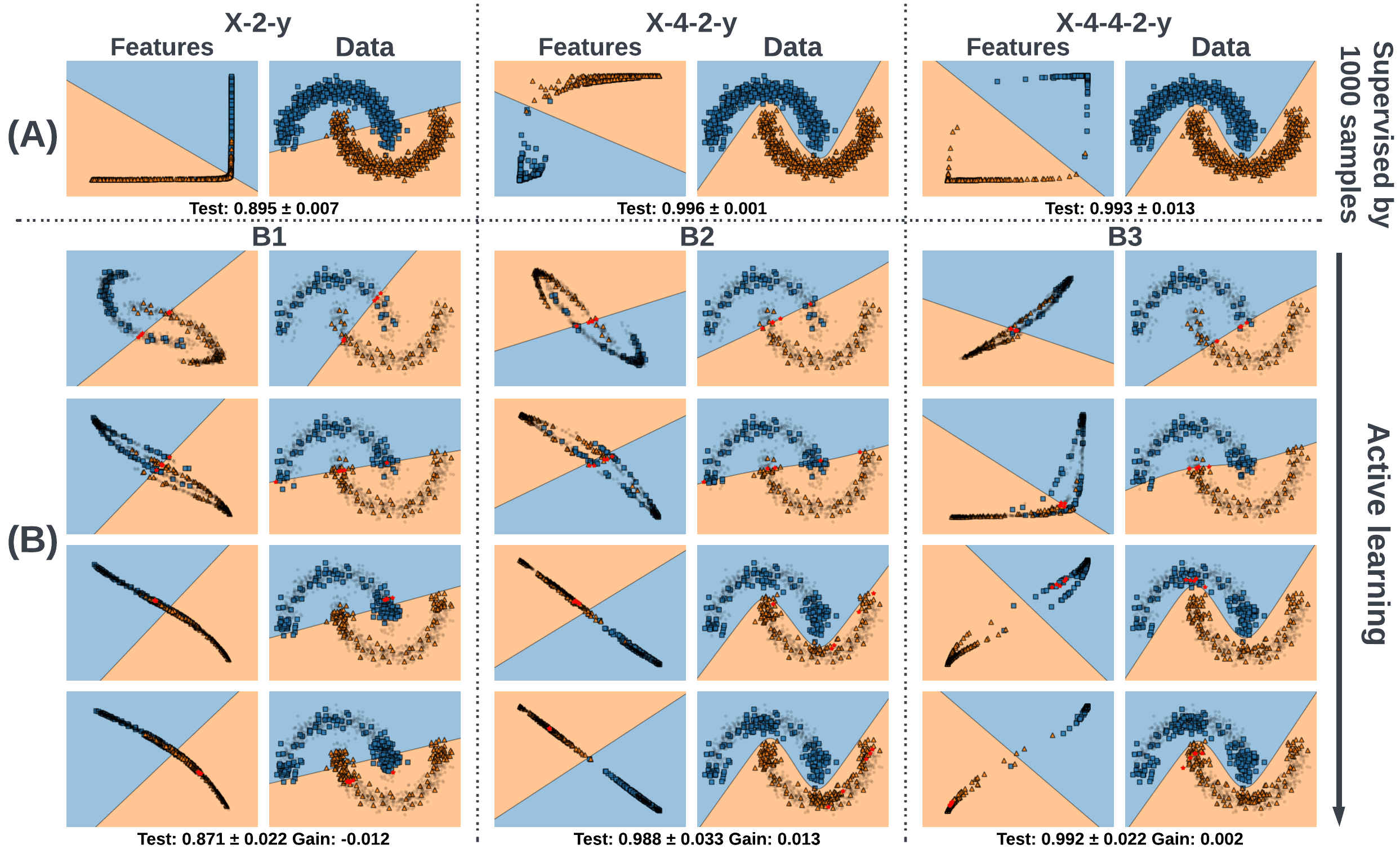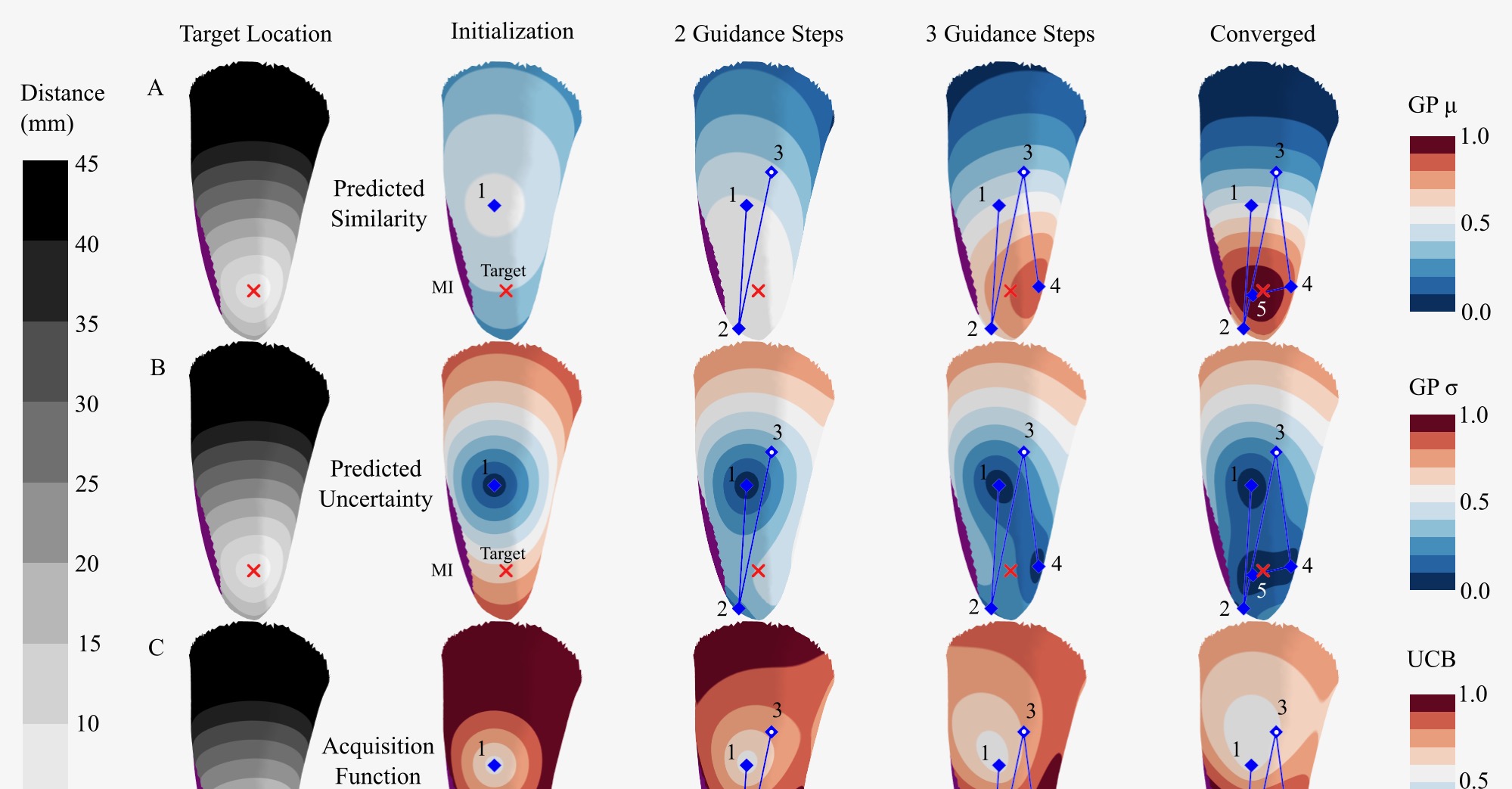Home Page
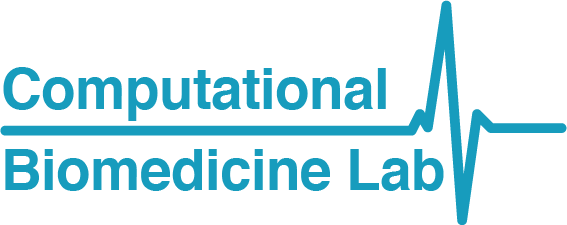
In CBL, we are curious about the best ways to combine human and physics-based knowledge with what we can learn from data. We advance the computational foundation for integrating human/physics knowledge with data-driven inference & learning, data-driven quantification and reduction of uncertainty in physics-based models, and deep learning of physics from data. We also explore applications in critical medical and healthcare challenges, especially those related to heart diseases.
We collaborate with world leaders in clinical electrophysiology, imaging, mathematical modeling, and high performance computing. Our research is funded by the National Science Foundation and the National Institutes of Health, and recognized by the NSF CAREER Award and the Presidential Early Career Award for Scientists and Engineers (PECASE) to Dr. Linwei Wang.
Research
Integrating Domain Knowledge into Statistical Inference
Statistical inference and learning methods that allow the integration of rich domain knowledge, such as in the form of large-scale mechanistic simulation models, to improve inference from the data

Electrocardiographic Imaging (ECGi)
Noninvasive computational imaging of electrical activity in the heart, for improving diagnosis, treatment, and prevention of cardiac arrhythmias and other heart diseases

Learning Disentangled Representations
Learning to disentangle semantically-meaningful generative factors within the data, with a focus on learning inter-subject variations in clinical applications

End-to-End Uncertainty Quantification
Data-driven personalization and uncertainty quantification of large-scale mechanistic models, with a focused application in personalized physiological modeling
Transferring Simulation to Real Data
Generalizing and transferring knowledge from computer simulation data to tasks where real data are expensive, difficult, or infeasible to obtain
Our People
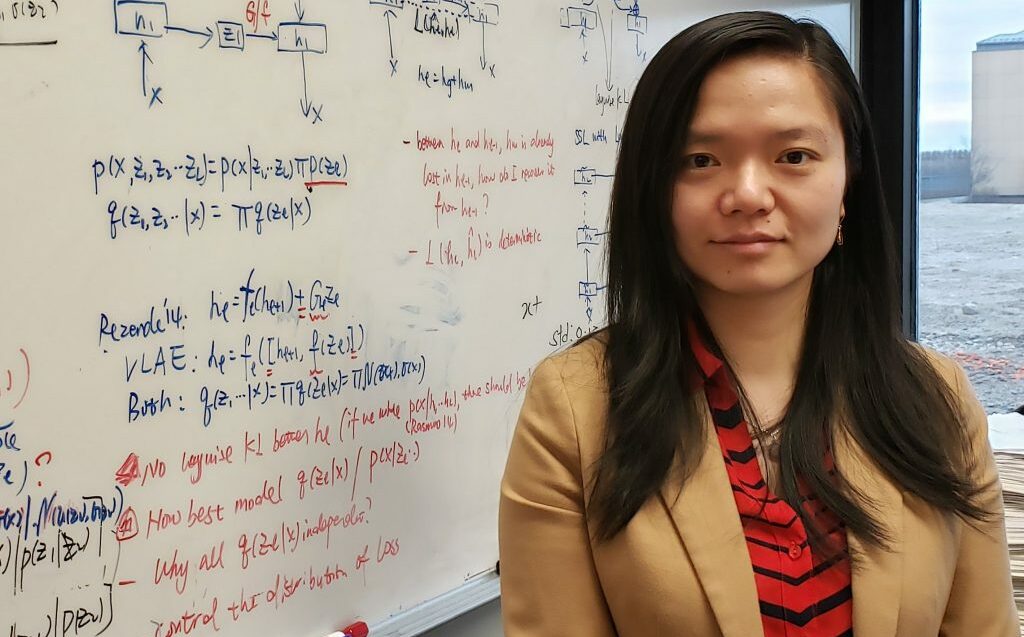
Linwei Wang, Ph.D.
Professor
PhD Program of Computing and Information Sciences
Rochester Institute of Technology

